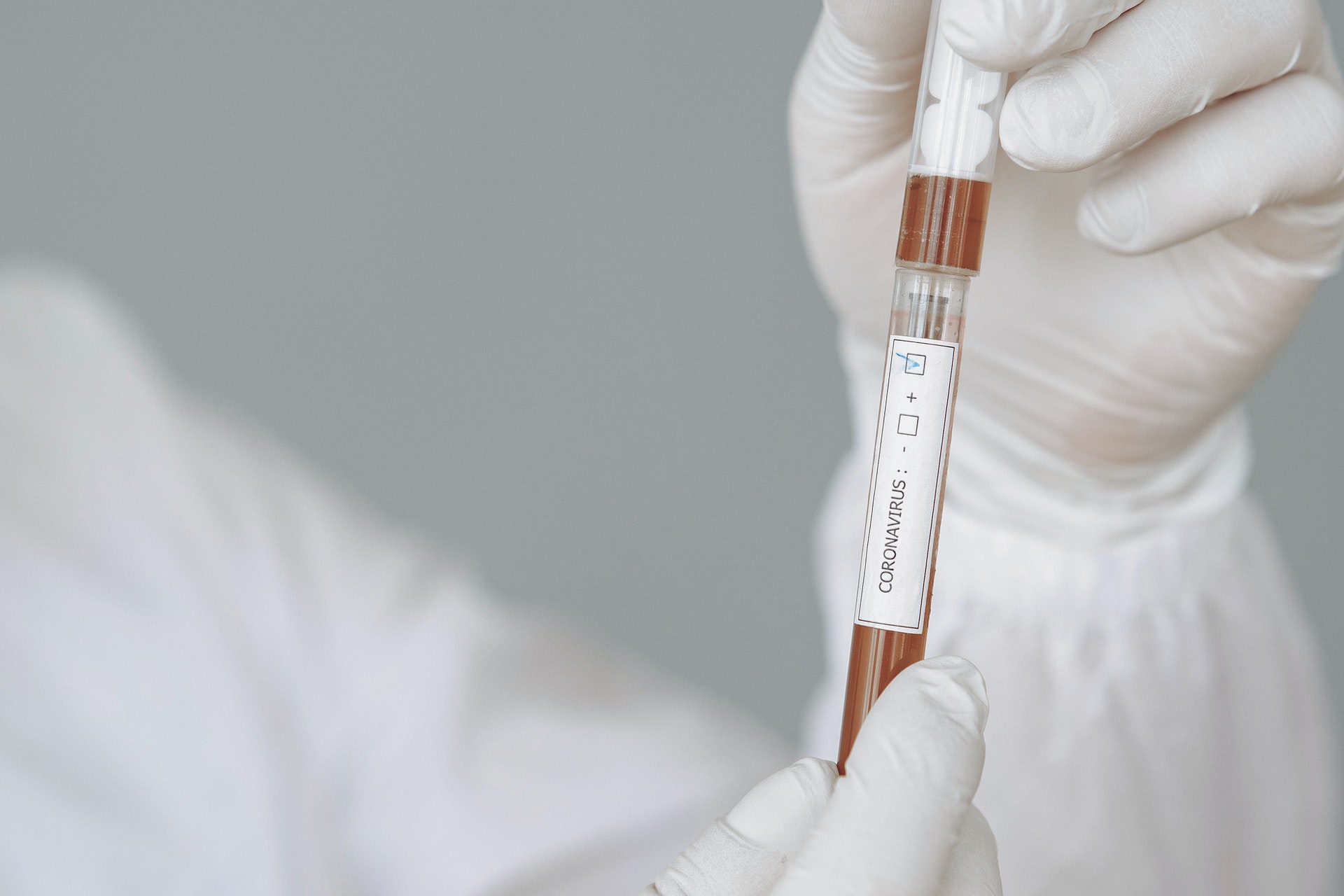Headline
Media, other non-medical front-liners to get free Covid-19 test

Besides media, Dizon said, other non-medical front-liners who may also undergo free Covid-19 testing are the police, military, coast guard, Bureau of Fire Protection workers, barangay tanods, contact tracing teams, mortuary and cemetery workers, and social workers and other facility volunteers. (Pexels photo)
MANILA – All media workers who have been ensuring that the public gets news updates can avail of free coronavirus disease (Covid-19) testing, Malacañang said on Thursday.
Presidential Spokesperson Harry Roque said the free polymerase chain reaction (PCR) testing would be offered to reporters, cameramen and photographers, newsroom employees, and other media workers.
“Mabuting balita po para sa mga kasama natin sa media. Pati po kayo ita-trato na ring mga front-liners at susubukan natin na lahat po ng miyembro ng media ay ma-test na rin via PCR (Good news for our friends in the media. You will also be treated as front-liners and we will try to ensure that all members of the media would undergo PCR testing),” Roque said in a virtual presser.
This comes after National Policy Against Covid-19 deputy chief implementer Vivencio “Vince” Dizon, in the same presser, announced that the country’s testing capacity has exceeded 50,000 as of June 19.
Besides media, Dizon said, other non-medical front-liners who may also undergo free Covid-19 testing are the police, military, coast guard, Bureau of Fire Protection workers, barangay tanods, contact tracing teams, mortuary and cemetery workers, and social workers and other facility volunteers.
Residents in hot spot villages may also receive free Covid-19 testing, he added.
“Dapat po dadagdagan pa natin ang iba’t-ibang mga kailangan natin i-test, kasama na po ang ating mga kasamahan sa media at kasama na rin po yung mga kasama natin na babalik na sa trabaho sa mga susunod na araw (We should add other individuals under those who need to be tested, including members of the media and those who will return to work in the coming days),” Dizon said.
He said all non-medical front-liners could visit either public or private labs, such as the Philippine Red Cross, to undergo testing.
“Hindi lang ‘yun proteksyon para sa kanila dahil napakadalas ng contact nila sa maraming mga kababayan natin, pero proteksyon din ‘yun sa community na ma-test natin sila at siguraduhing hindi sila mahahawa at hindi din sila makakahawa (It’s not only protection for them because they have frequent contact with many of our citizens but protection for the community to ensure that they do not get infected and do not infect others),” Dizon said.
Last June 4, he said more asymptomatic individuals may undergo Covid-19 testing besides repatriated overseas Filipino workers (OFWs) and locally stranded individuals (LSIs).
The government previously prioritized testing for those with Covid-19 symptoms, travel history to coronavirus-hit countries, and exposure to positive cases.
With the arrival of 1.04 million Covid-19 test kits last June 21, Dizon said the goal is to conduct one million Covid-19 tests by the end of July.
Currently, the country has been able to conduct about 600,000 tests.
“Sa mga susunod na buwan, pipilitin po natin na padamihan pa ito hanggang umabot tayo sa ating target na 10 (percent) to 12 percent sa ating mga densely-populated areas at sa buong bansa pipilitin na tayo sa halos 2 percent ng ating buong populasyon (In the coming months we will try to increase this until we reach our target of testing 10 percent to 12 percent of individuals in densely-populated areas and 2 percent of the entire population),” he said.
As of June 24, a total of 66 laboratories can conduct 50,000 Covid-19 tests per day – 41 in the public sector, 24 in the private sector, and one public-private initiative at the De La Salle University in Dasmariñas, Cavite.
According to Roque, all PCR tests would be shouldered by the state insurer Philippine Health Insurance Corp. (PhilHealth).
“Siyempre po ang test na ito ay babayaran ng PhilHealth. Kasama po ito sa Diagnostics Services na babayaran ng PhilHealth sang-ayon sa Universal Healthcare Law (These tests will be shouldered by PhilHealth. This is included in the Diagnostics Services that PhilHealth will pay for under the Universal Healthcare Law),” he said.
Meanwhile, Roque said the Department of the Interior and Local Government is aiming to hire some 50,000 contact tracers this month to boost the country’s contact tracing capabilities and promote job creation.
As of June 24, the country has recorded 32,295 confirmed Covid-19 cases, 8,656 of whom have recovered and 1,204 have died.





















